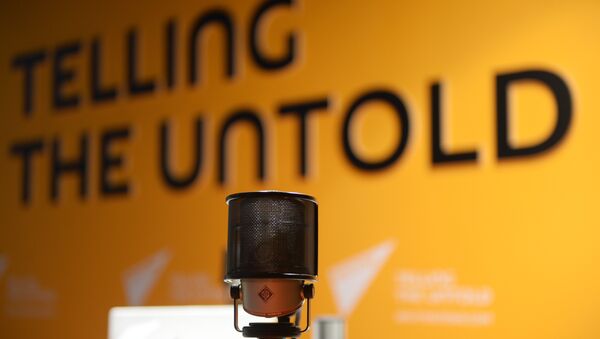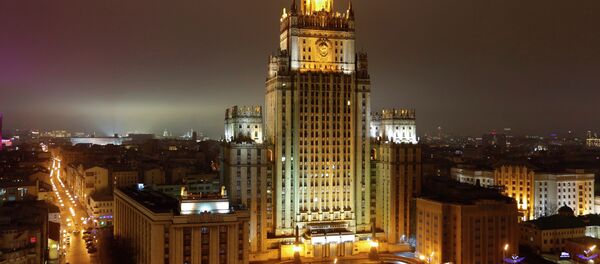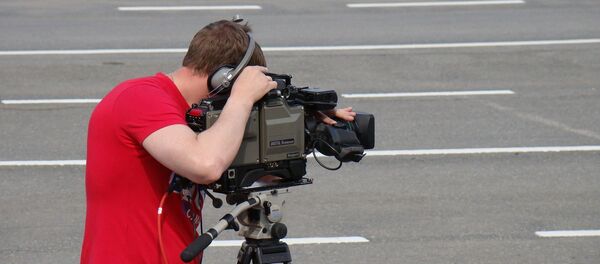In particular, the newspaper wrote that RT Deutsch and Sputnik Germany spread "primitive pro-Russian state propaganda" instead of doing journalism.
According to the publication, the "best" way to fight against it is to boycott both media sources.
The ministry commented on the article on its official website in the section that deals with fake news about Russia.
"In this regard, we reiterate that journalists working for RT Deutsch and Sputnik Germany have official accreditation in Germany and carry out their professional activities in strict compliance with the law. Their work is absolutely legitimate, there have been no complaints against them on the side of the authorities," the statement said.
Concerns over Russia's potential interference into foreign elections have recently been raised in several states. The issue traces back to the recent US presidential campaign, when Washington repeatedly accused Russia of meddling in the election, and of alleged hacking attempts. French President Emmanuel Macron also claimed during the French election campaign that his headquarters was targeted by Russian hackers, albeit without providing evidence.
The Russophobia trend has become especially evident in the fake news campaign that is designed to counter alleged Russian propaganda. In November 2016, the European Parliament voted in favor of a resolution, which said that Sputnik and RT posed a danger to Europe's unity and called for extra European Commission funding for counterpropaganda projects. It also drew a parallel between the Russian media and the propaganda disseminated by Daesh, a jihadist group outlawed in Russia and numerous other states.




